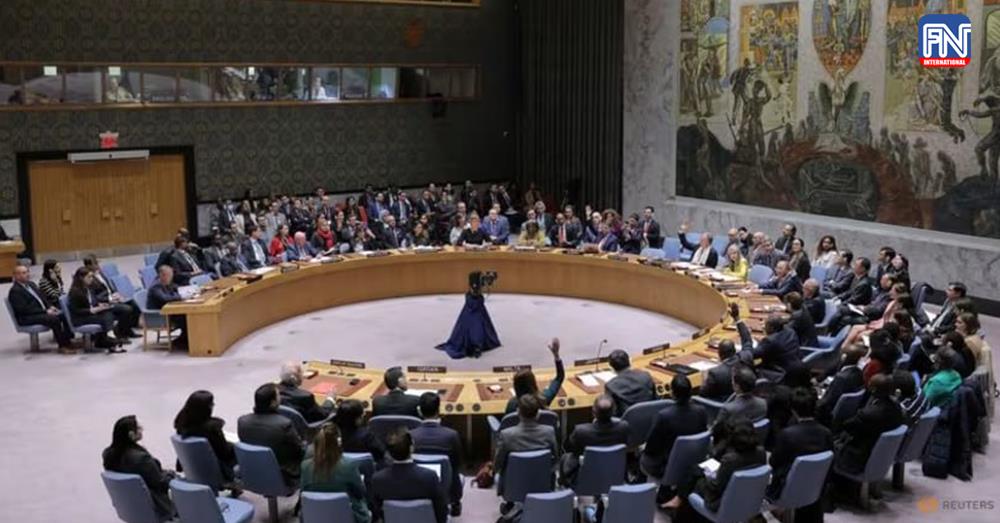UNITED NATIONS, Oct 18 (Reuters) - The United States vetoed a United Nations Security Council resolution on Wednesday (Oct 18) that would have called for humanitarian pauses in the conflict between Israel and Palestinian Hamas militants to allow humanitarian aid access to the Gaza Strip.
The vote on the Brazilian-drafted text was twice delayed in the last couple of days as the United States tries to broker aid access to Gaza. Twelve members voted in favour of the draft text on Wednesday, while Russia and Britain abstained.
"We are on the ground doing the hard work of diplomacy," US Ambassador to the United Nations, Linda Thomas-Greenfield, told the 15-member council after the vote. "We believe we need to let that diplomacy play out."
"Yes, resolutions are important. And yes, this council must speak out. But the actions we take must be informed by the facts on the ground and support direct diplomacy efforts. That can save lives. The council needs to get this right," she said.
Washington traditionally shields its ally Israel from any Security Council action.
"We have just been witnesses once again of hypocrisy and the double standards of our American colleagues," said Russia's UN Ambassador Vassily Nebenzia. A Russian-drafted resolution that called for a humanitarian ceasefire failed to pass on Monday.
UN Secretary-General Antonio Guterres on Wednesday called for an immediate humanitarian ceasefire to allow for the release of hostages and humanitarian aid access to Gaza.
Russia said it had now asked for the 193-member UN General Assembly to be convened for an emergency special session on the conflict. It could decide to put a draft resolution to a vote there, where no countries hold a veto power. General Assembly resolutions are non-binding, but carry political weight.
UN Middle East peace envoy Tor Wennesland told the council that there is "very real, and extremely dangerous" risk of an expansion of the conflict.
"I fear that we are at the brink of a deep and dangerous abyss that could change the trajectory of the Israeli-Palestinian conflict, if not of the Middle East as a whole," said Wennesland, addressing the council via video from Doha.

Photo from Reuters